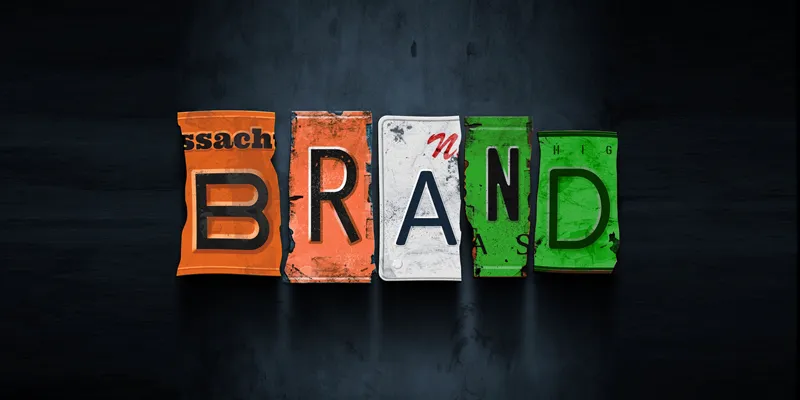Patriotism is a value that can bring a brand close to its people. It is an endearing brand value, that if handled well, can be exploited for the long term.

I don’t think we have ever had a formal study of patriotic brands in India, although several brands have pledged their patriotism. But in the US, where brands are continuously studied for their degree of patriotism, companies like Jeep, Hershey’s, Coca-Cola, Levis, Ford, Walmart, Campbell’s and others have stood out as patriotic brands. An annual research study finds out which brands were most associated with the value of patriotism. Quite often, when we say ‘American icon’, I guess what we are really referring to is a patriotic brand. Largely, it has to do with being an American company or really being made in the US.
In 2016, with a national sample of 4,750 consumers, between ages 16 and 65, evaluated 248 brands across a collection of 35 cross-category values. Consumers identified the following brands as leading the most patriotic brands of 2016. The individual value of patriotism was indicated by the brand's emotional engagement strength. The percentages indicated the degree of patriotism associated with the brand.
- Jeep/Disney (98 percent)
- Levi Strauss (96 percent)
- Ralph Lauren (95 percent)
- Ford (94 percent)
- Coca-Cola/Jack Daniels (93 percent)
In India, Bajaj has always been known for its patriotic branding right from the days of the old Bajaj scooter with ‘Hamara Bajaj’. Of course, this was a time when India followed a quasi-socialist path that banned imports. Many brands pledged their patriotism this Republic Day but I thought one brand did it really well. And no prizes for guessing. It was Bajaj with their Invincible Indians ad. It told stories of brave Indians who were serving society at large with the help of their Bajaj motorcycles. In the commercial, the Bajaj V bike was the most patriotic bike in their portfolio because it is made out of the steel of our famed aircraft carrier, INS Vikrant.
A major beneficiary of patriotic branding in recent times, of course, has been Baba Ramdev's Patanjali. By taking the anti-multinational stance in the brand's positioning Patanjali has, by default, become patriotic. In addition, ayurvedic indicates a 'back to the roots' approach which has been bolstered by Baba Ramdev's yogic image, giving Patanjali a highly differentiated patriotic slant. This also echoes the political slogans of the day, which include ‘Made in India’ and 'nationalism' amongst them.
But for a long time, most mass-market brands in India which were the darlings of the man on the street have been patriotic brands. The erstwhile Hero Motors, when it was known as Hero Honda, pursued the ‘Desh Dhadkan’ theme for many years. Similarly, Amul the dairy brand of the masses has stayed with ‘Taste of India’ for the longest time.
We're being sold a brand new idea of patriotism. It never occurred to me that patriotism had to be advertised. Patriotism is something you deeply felt. You didn't have to wear it on your lapel or show it in your window or on a bumper sticker. That kind of patriotism does not appeal to me at all.
Sam Shepherd
Sam Shepherd says it never occurred to him that patriotism had to be advertised. But as we can see from the brands of many countries, patriotism is a value that can bring a brand close to its people. It is an endearing brand value, that if handled well, can be exploited for the long term. Patriotic branding has that uncanny ability to make brands seem selfless instead of seeming to just chase their profit margins and, perhaps, this might be it's most important virtue.
Connect with me on twitter.
(Disclaimer: The views and opinions expressed in this article are those of the author and do not necessarily reflect the views of YourStory.)







